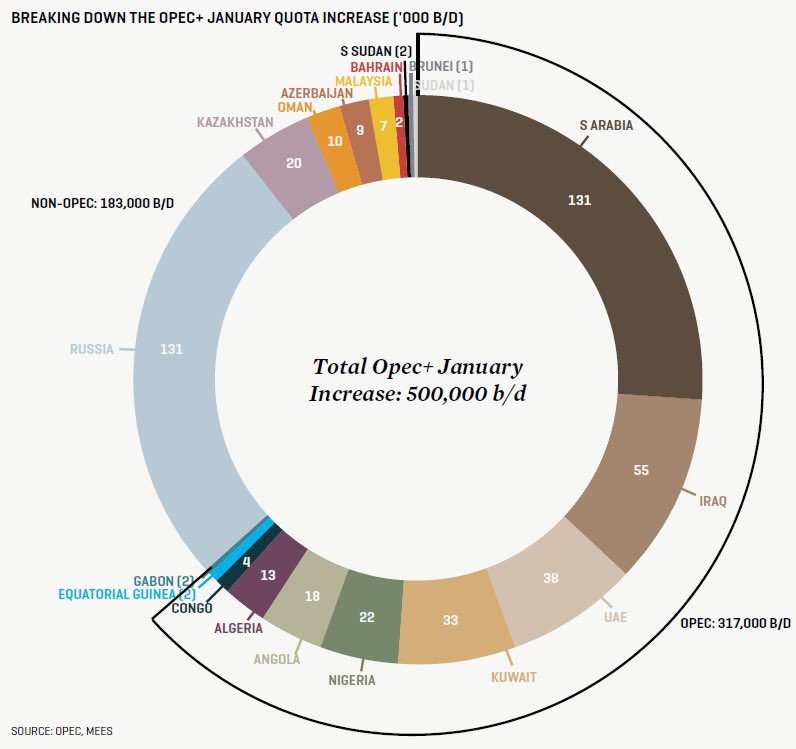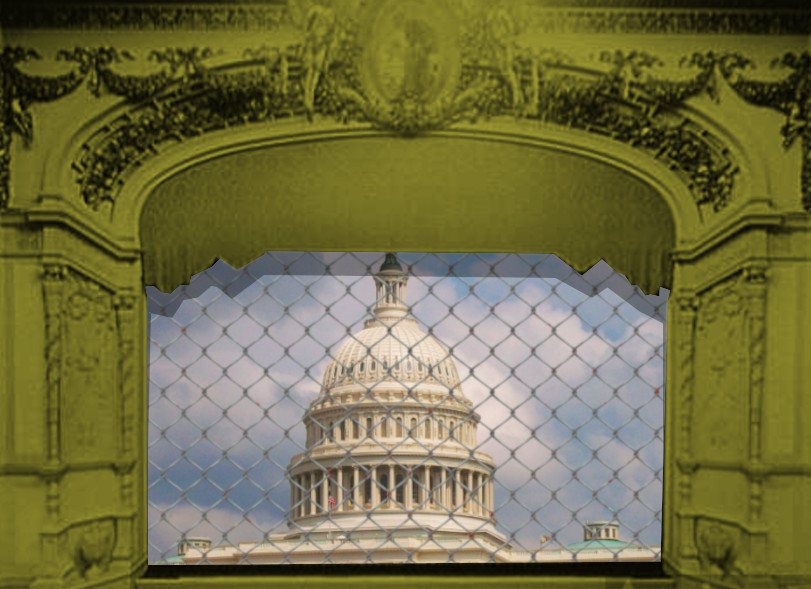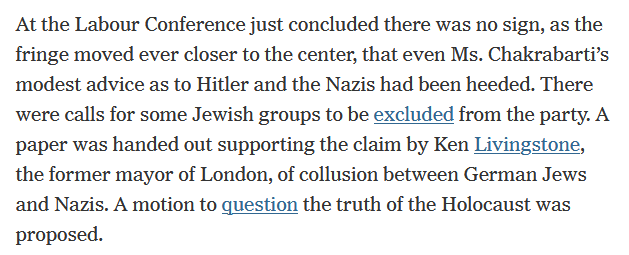2- Given the expected growth of demand by 3.9 million bpd in 2021 , and the expected growth of supply by non-#OPEC countries by 800 (or 900) thousand bpd,...#OOTT
The following four scenarios will be discussed at the continued session of the 13th #OPEC & Non-OPEC meeting today:
1-Given the expected growth of demand by 5.9million bpd in 2021 and the expected growth of supply by non-OPEC countries by 1.1million bpd, as agreed in Dec... #OOTT
2- Given the expected growth of demand by 3.9 million bpd in 2021 , and the expected growth of supply by non-#OPEC countries by 800 (or 900) thousand bpd,...#OOTT
But, it is expected that Iran's entry into the market once the sanctions are lifted will be harder. That is why Minister Zangeneh did not play in either Moscow's court nor that of Riyadh...#OOTT

More from For later read
You May Also Like
“We don’t negotiate salaries” is a negotiation tactic.
Always. No, your company is not an exception.
A tactic I don’t appreciate at all because of how unfairly it penalizes low-leverage, junior employees, and those loyal enough not to question it, but that’s negotiation for you after all. Weaponized information asymmetry.
Listen to Aditya
And by the way, you should never be worried that an offer would be withdrawn if you politely negotiate.
I have seen this happen *extremely* rarely, mostly to women, and anyway is a giant red flag. It suggests you probably didn’t want to work there.
You wish there was no negotiating so it would all be more fair? I feel you, but it’s not happening.
Instead, negotiate hard, use your privilege, and then go and share numbers with your underrepresented and underpaid colleagues. […]
Always. No, your company is not an exception.
A tactic I don’t appreciate at all because of how unfairly it penalizes low-leverage, junior employees, and those loyal enough not to question it, but that’s negotiation for you after all. Weaponized information asymmetry.
Listen to Aditya
"we don't negotiate salaries" really means "we'd prefer to negotiate massive signing bonuses and equity grants, but we'll negotiate salary if you REALLY insist" https://t.co/80k7nWAMoK
— Aditya Mukerjee, the Otterrific \U0001f3f3\ufe0f\u200d\U0001f308 (@chimeracoder) December 4, 2018
And by the way, you should never be worried that an offer would be withdrawn if you politely negotiate.
I have seen this happen *extremely* rarely, mostly to women, and anyway is a giant red flag. It suggests you probably didn’t want to work there.
You wish there was no negotiating so it would all be more fair? I feel you, but it’s not happening.
Instead, negotiate hard, use your privilege, and then go and share numbers with your underrepresented and underpaid colleagues. […]



















